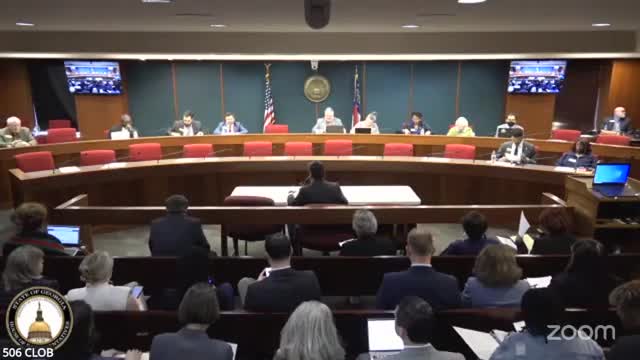Article not found
This article is no longer available. But don't worry—we've gathered other articles that discuss the same topic.
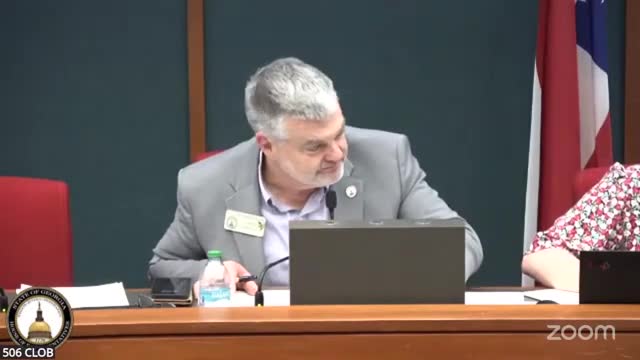
Committee hears HB 399 to require in‑state contact or licensed broker for institutional landlords
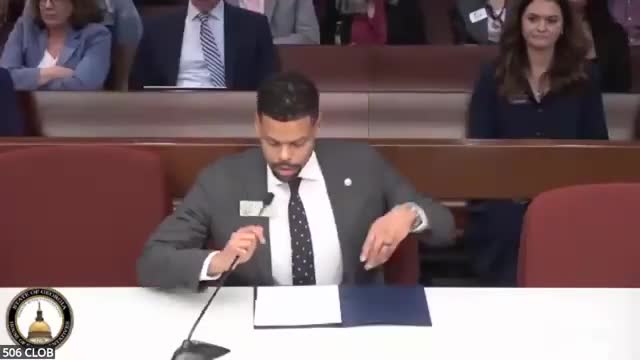
Panel considers HB 305 to cap institutional purchases of single‑family homes
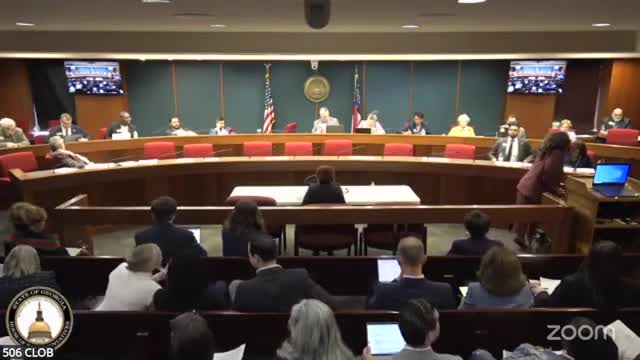
Committee hears bill to repeal rent‑control prohibition and allow local rent‑stabilization
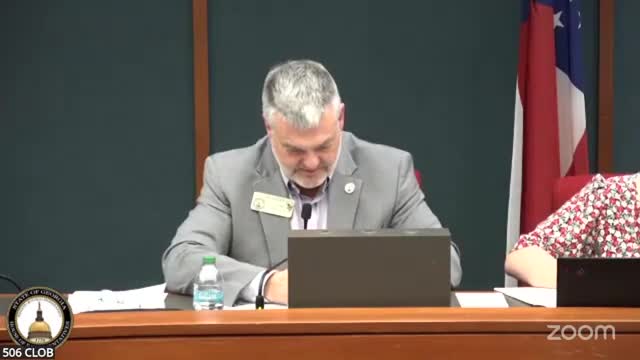
Committee hears HB 62 to create new oversight rules for HOAs and condo associations
